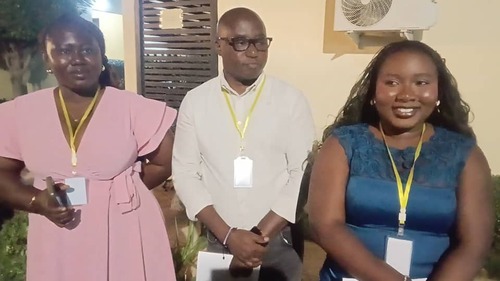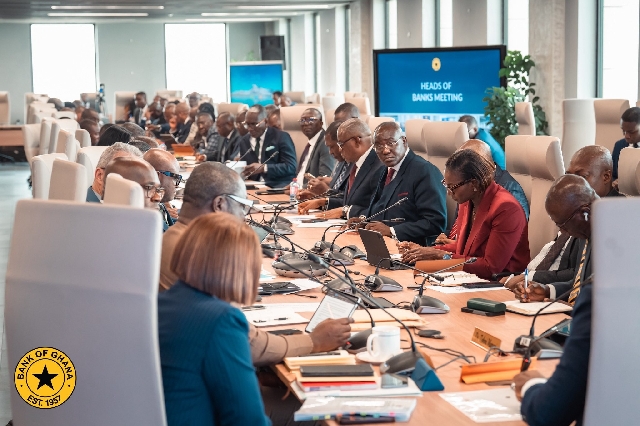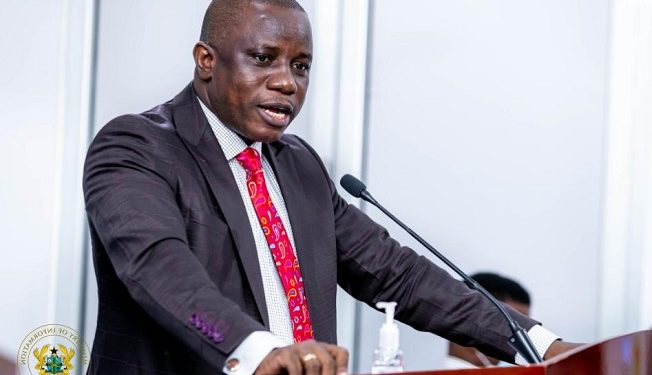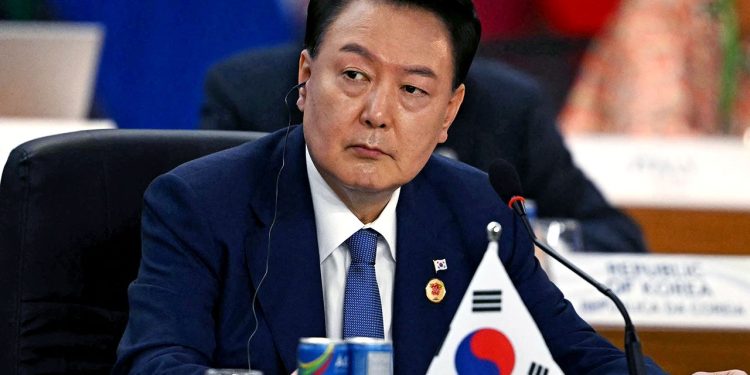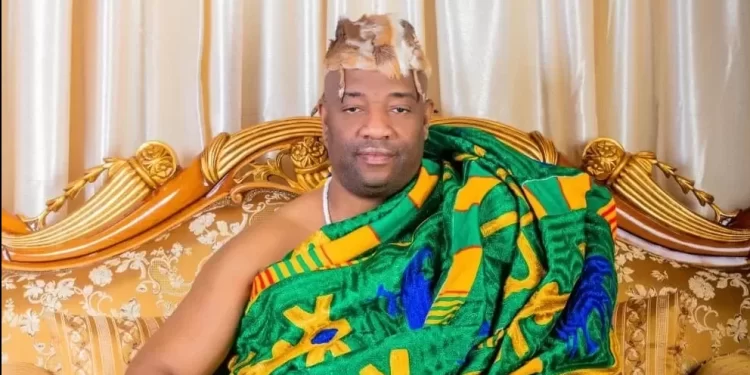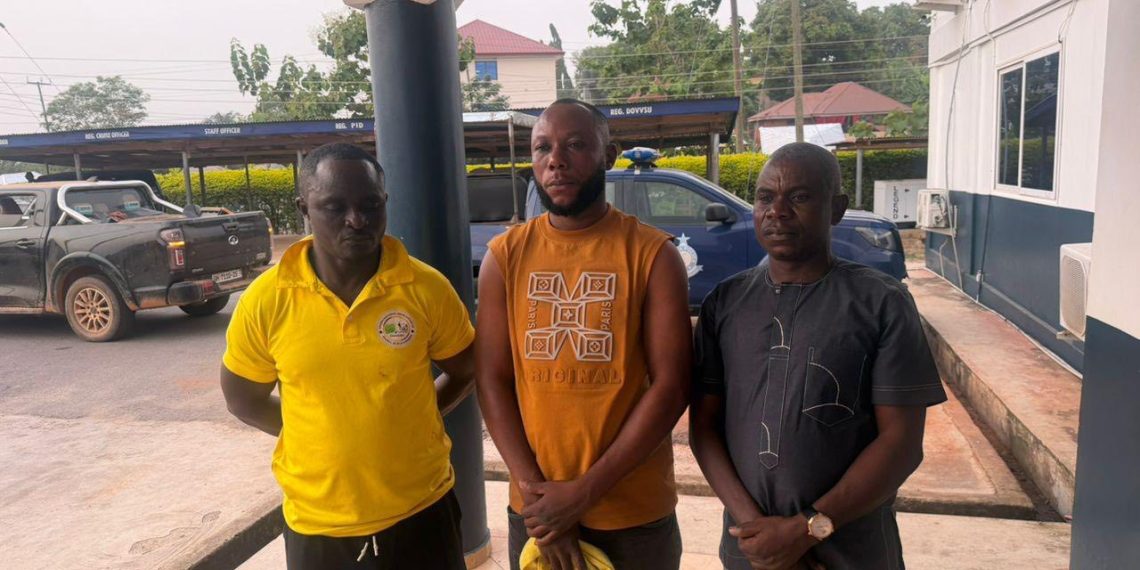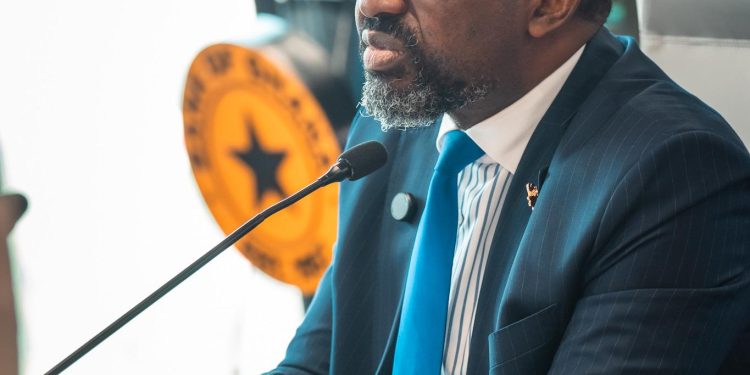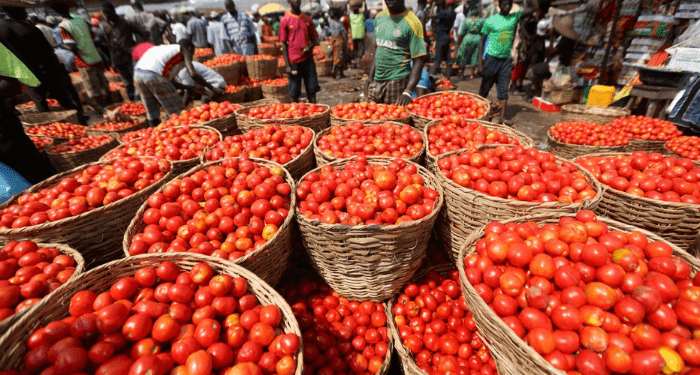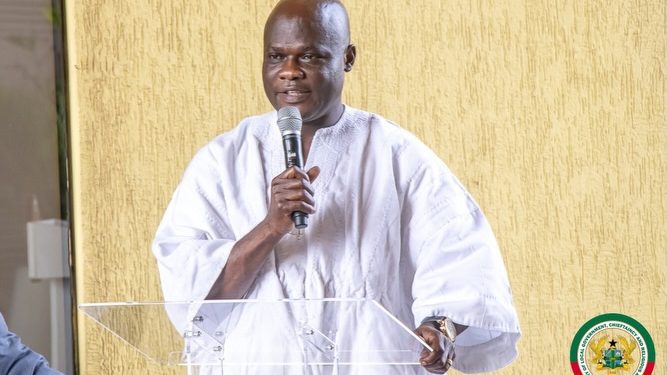The Millar Institute for Transdisciplinary and Development Studies (MITDS) in Bolgatanga has held its seventh graduation ceremony, with President of the Institute, Prof. David Millar, announcing major academic and research breakthroughs that position the institute as a growing force in Ghana’s higher education landscape.
Prof. Millar, addressing the gathering with what he described as “extreme excitement,” said the event was not only a celebration of academic achievement but also a continuation of the Institute’s journey following its 10th anniversary last year.
“Today, we are marking the seventh graduation event of MITDS. This is no mean achievement and you all took active part in getting us this far,” he noted.
The President revealed that MITDS has secured accreditation to expand from one faculty to three, with newly created departments covering culture and development studies, indigenous innovation and communication, and endogenous education and lifelong learning.
He urged stakeholders to support the promotion of these programs.
“I wish to call on you all to help advertise these new faculties and programmes when they are up and running,” Prof. Millar appealed.
In a bold move, MITDS has also developed what Prof. Millar described as “the first of its kind in Ghana”, a Post-Doctoral and Post-Master Research Programme designed to sharpen the skills of young academics to produce world-class research.
Highlighting the Institute’s flagship Grass Economy Project, Prof. Millar detailed groundbreaking research that is turning ordinary grass into economic products such as charcoal briquettes, brown paper alternatives to plastics, and biochar for soil fertility.
“This landmark achievement has the potential of cascading into a massive Grass Industry for Northern Ghana. It will simply turn grass, a nuisance in northern Ghana, into grass as an economic commodity,” he declared.
The project, he noted, has already attracted global attention, with the Food and Agriculture Organization (FAO) featuring it among its international success stories.
Prof. Millar acknowledged challenges such as inadequate infrastructure and staffing. He explained that MITDS has never received dedicated government or donor funding for infrastructure and continues to rely on internal resources.
Despite this, he praised the commitment of the Institute’s council and management, led by Chairman Naa Ganglaar Bog-Belagr Tater V, for keeping MITDS on track.
In line with its statutes, MITDS has upheld a Disability Clause, supporting students with impairments to complete their studies. Prof. Millar cited the case of a PhD student with visual impairment who was able to graduate before his passing, as well as another graduate with walking impairment.
As eleven PhD students graduated under the mentorship of the University for Development Studies (UDS), Prof. Millar left them with a simple but striking message:
“If you like the experience you have had at MITDS, tell others. If you don’t like the experience, then tell us.”
Prof. Millar reaffirmed the Institute’s commitment to providing “quality tertiary education with a difference” despite financial constraints, stressing that MITDS would continue to innovate, collaborate, and contribute solutions to Ghana’s development challenges.
Source: Apexnewsgh.com

